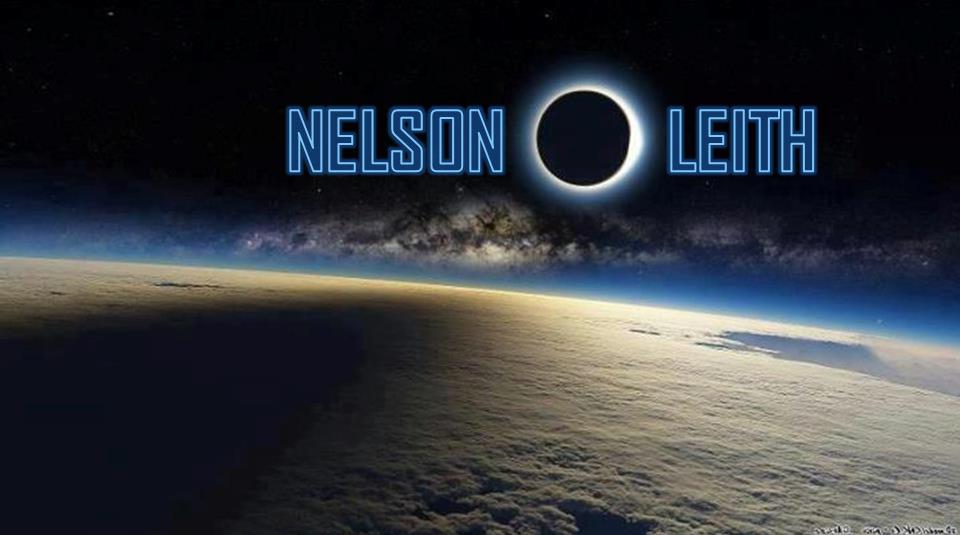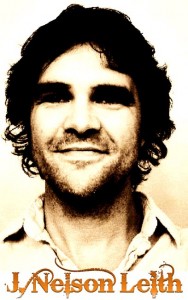
 Writing a great short story is difficult. Very often a short story will end up feeling like a novel or novella folded onto itself, so that parts of the story seeming rushed or compressed, while other parts seems stretched out by comparison. And, I say that meaning it’s still a great short story, the same way a sunflower seed is tasty to eat, but has larger possibilities folded inside it. Writers sometimes give in to the narrative tension wrapped into the short story form, and refuse to accept that their own work is “good enough” while it still feels bursting with potential.
Writing a great short story is difficult. Very often a short story will end up feeling like a novel or novella folded onto itself, so that parts of the story seeming rushed or compressed, while other parts seems stretched out by comparison. And, I say that meaning it’s still a great short story, the same way a sunflower seed is tasty to eat, but has larger possibilities folded inside it. Writers sometimes give in to the narrative tension wrapped into the short story form, and refuse to accept that their own work is “good enough” while it still feels bursting with potential.
This is why it’s wise to read other writers’ short stories, to feel the literary goodness and structural tension living peacefully side by side.
So, when I got my copy of the sci-fi short story anthology Diverse Energies (available in hardcover and ebook), I knew that I would be reviewing the stories both as a reader and as a writer. And DE turned out to be perfect for this: the stories are pure fun to read while still giving a structure-minded writer plenty of test cases to strategize ways to tweak short story pacing for novella or novel length, for adaptation as a TV series or feature film, or just to massage a different effect from a good short. Continue reading




 Being somewhat unimpressed with WMATA’s half-hearted “Rush+” program to improve Metro service, I dusted off my old idea for a Beltway Line.
Being somewhat unimpressed with WMATA’s half-hearted “Rush+” program to improve Metro service, I dusted off my old idea for a Beltway Line.
 I haven’t been posting about everything I read lately. To be honest, the constant updating was a bit tedious and the feedback lukewarm.
I haven’t been posting about everything I read lately. To be honest, the constant updating was a bit tedious and the feedback lukewarm.
 At some point, one of our grandchildren is going to read the name “Bin Laden” and think: “weighed down by a lot of containers?”
At some point, one of our grandchildren is going to read the name “Bin Laden” and think: “weighed down by a lot of containers?”